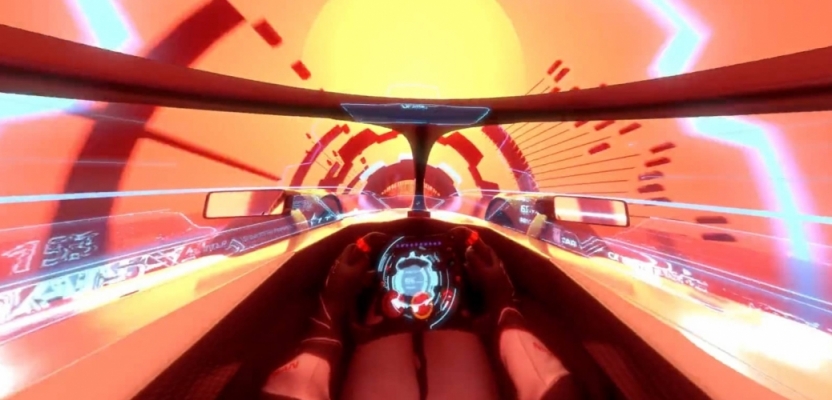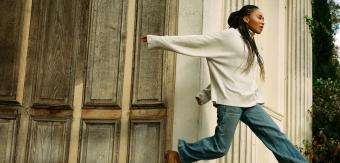If we go back to the heyday of Architecture, the only tool an individual was armed with to create what a building could look like was a pencil and a lot of paper. Now we fast forward in time and these tools have evolved into more convenient computers and 3D design software, but more importantly, rendering software.
With this advancement, it created a need for the Visualiser – an artist who can produce renders so lifelike, you question how it can be generated by a computer. Even though Architectural Visualisation offers a snapshot of a project's potential, it is through its own volition limited to the 2D space.
With the world leaning more towards immersive technologies and more competition to win tenders, this raises the question, Is this where the future is heading? Are still images a viable way of securing a pitch? Or are those days now behind us?

As a Specialist Consultant, I am hearing one buzzword being thrown around ArchViz circles, which is VR. More and more, there is a reoccurring theme of clients asking for candidates to have experience in the game engines like Unreal and Unity; but also, candidates who are looking to upskill and develop their understanding of them also.
But what makes all these software so unique? And why is there such a demand for such hard to find candidates? The immersive capabilities that they offer are what makes them exciting, but also, for the sake of time, the RealTime Rendering aspect. The ability to make a change to how an image looks in mere seconds, rather than waiting hours or even days for traditional renderers to complete.
But where it comes into its own, is what it offers a company to a client; the ability to walk through a building, before the foundations have even been laid. Imagine being able to walk through the lobby of the newest London office block, without needing to go onsite garbed in hi-viz and hard hat. It is a selling tool unique unto itself, something which could be the difference been a pitch being lost or won.
If we go back to the heyday of Architecture, the only tool an individual was armed with to create what a building could look like was a pencil and a lot of paper.
However, it does come with some drawbacks, accessibility and cost. The ArchViz industry isn’t the main driver for this kind of technology, which leaves it at the mercy of the games sector for how well it succeeds. Consumer space for the foreseeable will play a much more significant role in the future success of VR. Whilst some professionals have the expertise to create the content for VR in ArchViz, they will not be able to do so if there isn’t more investment into hardware at these companies.
The industry is also lacking in the select few who can use it, those who do are happy in their roles and not looking to move anytime soon (which is where I come in) as this creates another issue... what can you offer to someone to make them leave their current employment? To summarise, the future is dependent on more people investing in these technologies and companies. The more money we have coming into this space, the more successful, accessible and available it will become in Architectural Visualisation. The more accessible and available it is, the more people will be able to use it and compete for the coveted roles.

So, we come back to the question, are immersive technologies the future of Architectural Visualisation? Arguably, I do not think that it will ever fully replace the need for images and film (unless it catches up to the level of detail), but what it does add is an entirely new level to visualisation and an individuals experience of design. I believe what we will start to see over the coming years is it becoming more prominent in the marketplace, with more studios and agencies offering it as another one of their services, rather than the select few.
If you are looking to expand your company's VR capabilities and looking to make more strategic hires for the future, or you are someone looking for a change from your current role, get in contact. I spend my day talking to people who are of a similar mind to yourself and are excited by what the future of Architectural Visualisation holds.







